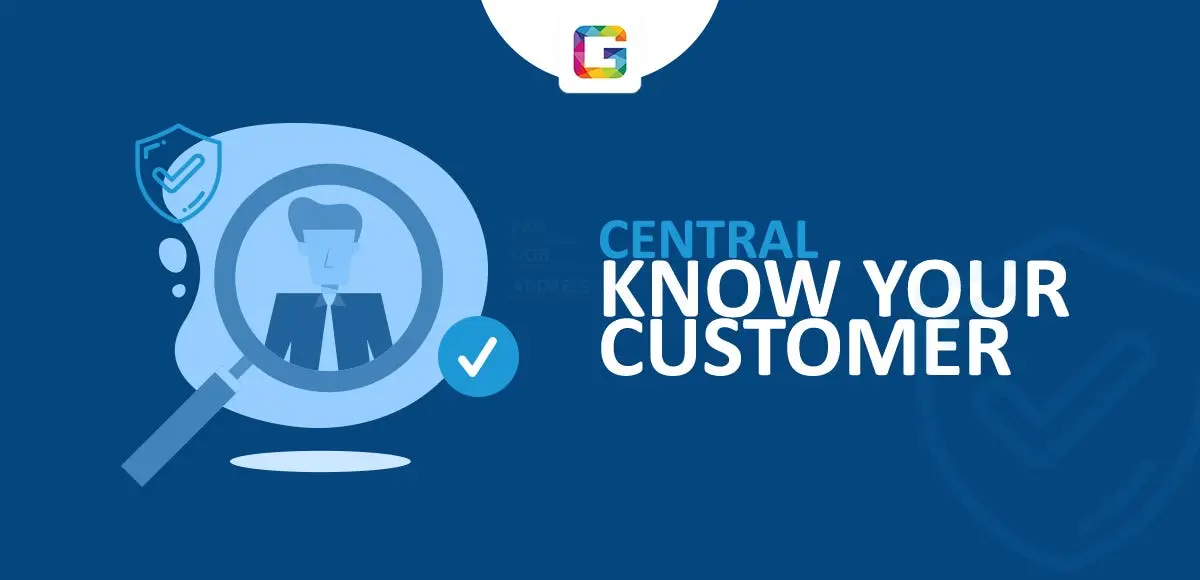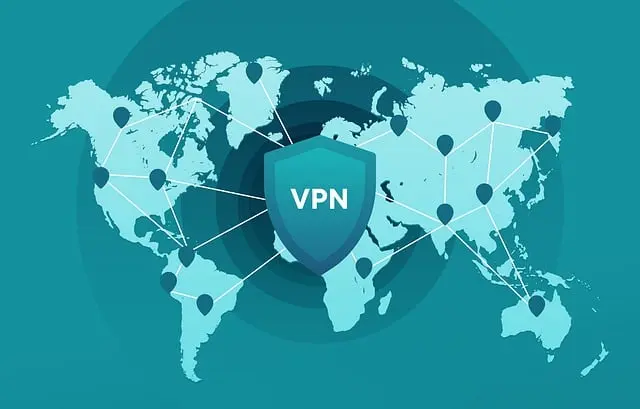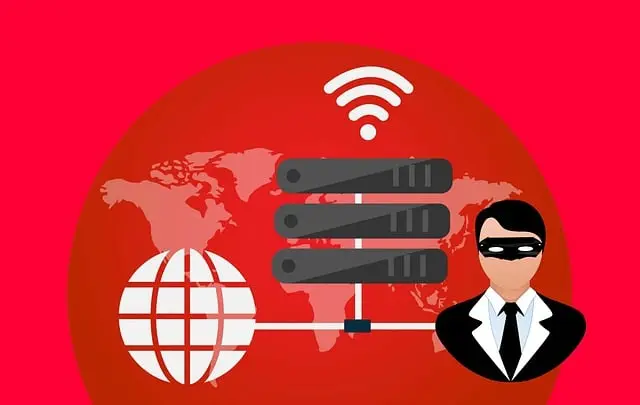
Online safety is a key concern when using the internet. As cybersecurity threats keep evolving, you must find ways to protect your devices and data from malicious actors by using tools like VPNs. This article will highlight the role of VPNs in online safety and how you can use them to protect yourself.
Importance of a VPN

VPNs protect your online activities from hackers and other parties that may be interested in your browsing activity. They encrypt your internet connection and mask your IP address, keeping your data private and secure. These tools are a must-have when using public Wi-Fi networks as cybercriminals use vulnerabilities common in public networks to steal your data and private information.
In addition, using a VPN protects your identity while you’re online. Thanks to our devices’ IP addresses, a person who obtains this data can track down who you are, down to where you live. Therefore, a VPN that masks your IP address is key to ensuring your online safety.
Features to Look for in a VPN for Online Safety
Choosing a VPN is as important as using the VPN itself. A good VPN should prioritize your online security and privacy at all times. Therefore, it must have some non-negotiable features.
One of these is strong encryption. A good VPN should adhere to the highest encryption standards. Currently, AES-256 is the best encryption standard in the market. This encryption standard is the hardest to break as it would require a tremendous amount of computing power.
VPNs with a no-logs policy are also a top choice compared to those that keep logs of your online activity. The point of using a VPN is to hide your internet activity, therefore, VPNs that maintain these logs, including your IP data, are not genuinely protecting your online activity. A good VPN should not store data of your IP address, connections, and online activity, or sell this data to third parties and business partners.
A good VPN has a kill switch. A kill switch is a security feature that blocks you from accessing the internet should your VPN connection drop. A connection drop is a serious risk to your data and IP address, even when this drop lasts a second. VPN kill switches can be application or system level. An application-level kill switch will prevent certain sites from sending data while a system-level kill switch blocks all internet access.
Support for multiple devices is another important feature to consider when choosing a VPN. A single subscription should allow you to connect up to five devices so you can accommodate all your devices conveniently.
A good VPN should offer high speeds to ensure a seamless browsing experience, especially when streaming or gaming. Choose a VPN with unlimited bandwidth so you don’t have to choose between privacy and online safety.
Best VPN Providers
Now that you know the must-have features of a VPN, let’s compare some of the best VPN providers. In this comparison, we will highlight the key features that make each provider stand out to help you narrow down your choices.
ExpressVPN
ExpressVPN is an easy-to-use VPN that comes with strong security features. It allows you to connect up to 8 devices on a single subscription and does not store your browsing data for any of the connected devices. Despite its high security, ExpressVPN does not compromise on browsing speeds, ensuring you can still access your streaming services without buffering.
NordVPN
NordVPN is a comprehensive VPN that allows you to connect up to ten devices on a single subscription. When using this VPN, you are protected from malware and your data is secured, even when browsing from a public network. This VPN allows you to protect your passwords, encrypt and store your files in a secure cloud, and access your files remotely. In addition to protecting while connected to the internet, NordVPN also constantly monitors the dark web and notifies you if any of your data has been leaked.
CyberGhost
CyberGhost is another VPN provider offering a secure way for you to connect to the internet. CyberGhost VPN allows you to connect up to 7 devices and supports all the major operating systems and browsers. When you connect to the internet using CyberGhost, your device will be assigned a unique IP address in your country of choice, allowing you to access IP-sensitive websites. Like all the VPN providers in this list, CyberGhost has a strict no-logs policy, meaning your data will never reach third parties.
Surfshark
Surfshark is another VPN that takes your online privacy seriously. It allows you to connect unlimited devices on a single subscription, with the option of changing your IP address every ten minutes thanks to its IP Rotator feature. Other features of this VPN include split-tunneling, kill switch, and auto-connect. Their customer service is also reachable 24/7 to ensure your issues are resolved fast.
Proton VPN
Proton VPN allows you to protect yourself while browsing the internet. The VPN does not log your browsing activity or share your data with third parties. It allows you to connect multiple devices ranging from your phone to your router, and supports all the major operating systems. Although they have a paid plan, Proton VPN also offers a free VPN. For the free plan, users are limited to one device, but they still enjoy their online security, free from disruptive ads.
How to Set Up and Use a VPN

Using a VPN is a straightforward process, even if you haven’t used one before. Here are the steps to follow:
- Find a reliable VPN with robust cybersecurity and data protection features
- Subscribe to the plan that you’re most comfortable with based on the features provided
- Download and set up the VPN app on your devices. Check any advanced settings that give you additional layers of protection and set them up if desired.
- Connect to a VPN server and start browsing the internet
Final Word
Online safety is becoming a necessity for everyone who’s using the internet. With hackers, the government, and businesses all vying for your data, sometimes through underhanded means, it’s becoming important to invest in a secure VPN to protect your data and your identity. But, even with VPNs, you must choose one that provides robust security features and does not capture or store your data, IP address, or other information while you’re online. For more info please visit the networkustad.
